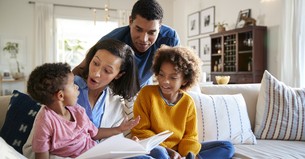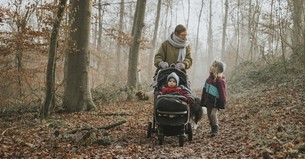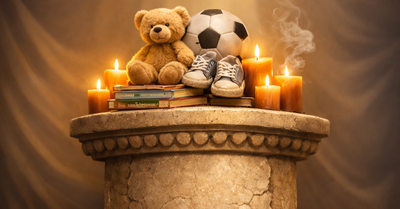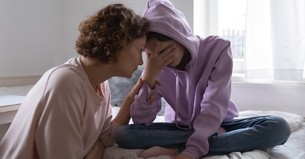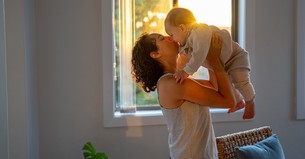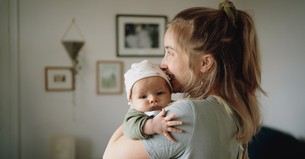Parenting
Topics:
Most Popular
Christian Parenting - Encouraging Advice and Help
Get Christian parenting advice and help at Crosswalk.com. Biblical principles for Christian families and resources for new parents, and single parents. Find resources to help you raise your children according to the Bible and Jesus. On Crosswalk you will also find great resources on homeschool and Christian college.


